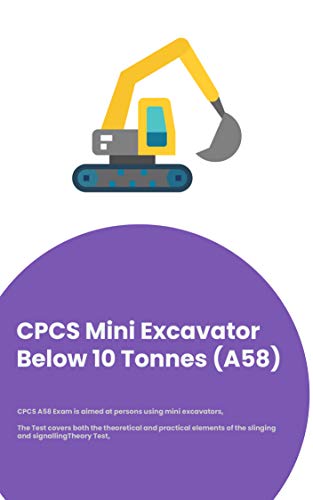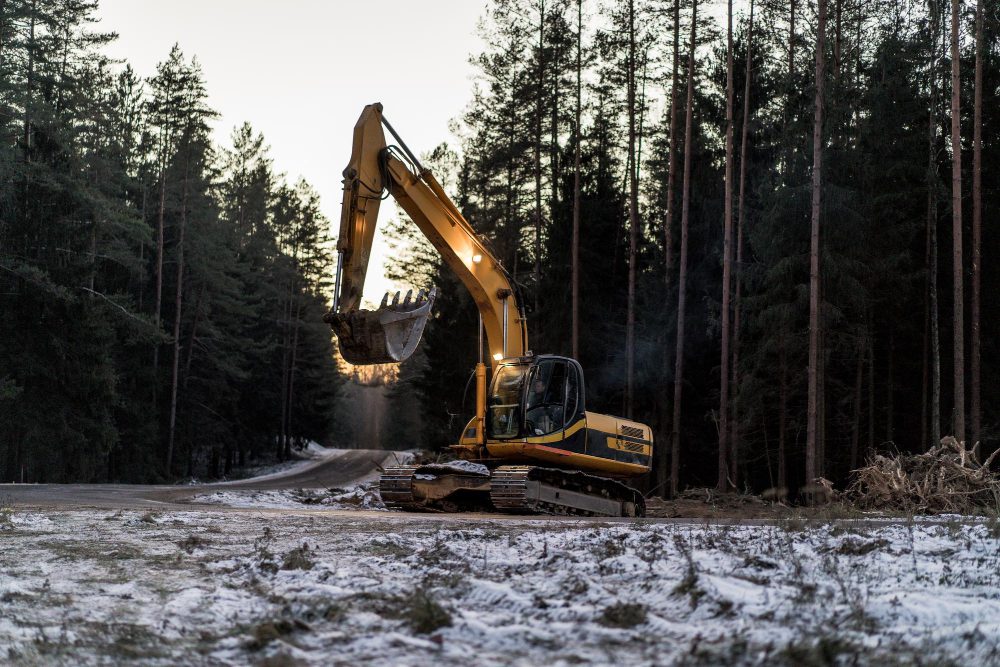Introduction
For construction professionals in the UK, having the right training is not only vital for safety and efficiency but also for ensuring a competitive edge in the marketplace. One such indispensable skill is operating a mini digger. But how much does it cost to get trained? This article will delve into the costs associated with mini digger training in the UK, what’s included, and why it’s a worthwhile investment.
The Importance of Proper Training
Before we break down the costs, it’s essential to understand why this training is so crucial. Mini diggers, while smaller than their full-sized counterparts, are still complex machinery. Operating them without proper training can lead to accidents, inefficiencies, and potential project delays.
“Safety doesn’t happen by accident.”
Moreover, a certified operator often has a better job prospect and can command a higher salary compared to an untrained individual. This, in itself, can justify the initial training investment.

This book is designed for people with limited or no experience who want to learn to pass CPCS test and operate Mini Excavator Below 10 Tonnes A58.
Breakdown of Training Costs
1. Course Fees
The primary expense associated with mini digger training is the course fee. These can range based on the course’s duration, comprehensiveness, and the reputation of the training institute.
| Course Type | Average Cost |
|---|---|
| Basic Operator Course (1-2 days) | £250 – £400 |
| Intermediate Course (3-5 days) | £400 – £700 |
| Advanced Course (5+ days) | £700 – £1,200 |
2. Certification Fees
Upon completing the training, candidates usually need to pay a separate fee to get their certification. This typically costs between £50 and £100.
3. Additional Costs
There might be additional costs to consider, such as:
- Travel and accommodation (if the training centre is not local)
- Study materials or textbooks
- Resit fees (if you don’t pass the first time)
Factors Influencing Cost
Several factors can influence the total cost of training:
- Location: Training in urban areas or major cities can sometimes be pricier due to higher operational costs for training centres.
- Instructor’s expertise: Renowned experts might charge more.
- Facility quality: Modern facilities with the latest equipment could have higher fees.
- Duration and depth of the course: As shown in the table, more extended and in-depth courses tend to cost more.
Is It Worth the Investment?
While the costs associated with mini digger training can seem significant, especially for individuals funding their training, it’s essential to view this as an investment. Proper training can lead to higher earning potential, more job opportunities, and a safer work environment. Over a construction professional’s career, the returns can far outweigh the initial outlay.
“An investment in knowledge always pays the best interest.”
Conclusion
Mini digger training in the UK, like any professional training, comes with its associated costs. However, the benefits — from safety to career advancement — make it a worthwhile endeavour for anyone serious about a career in construction. While prices can vary, the potential return on investment in terms of skills acquired, increased job opportunities, and salary potential should make the decision an easier one.


